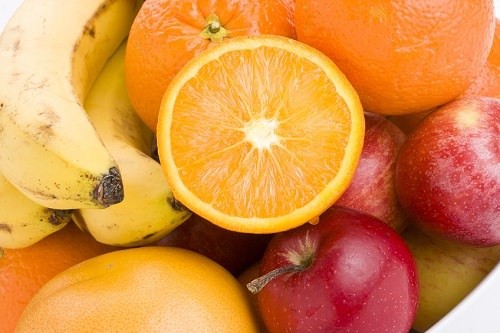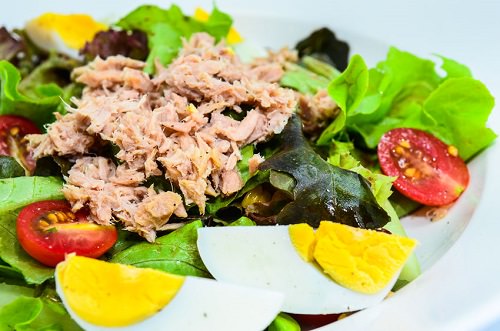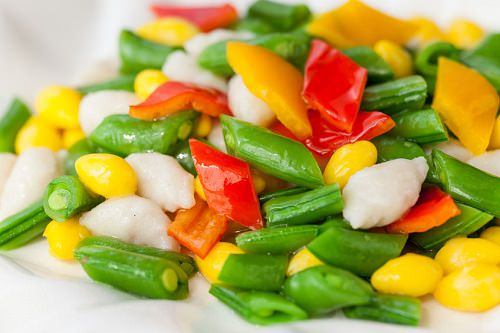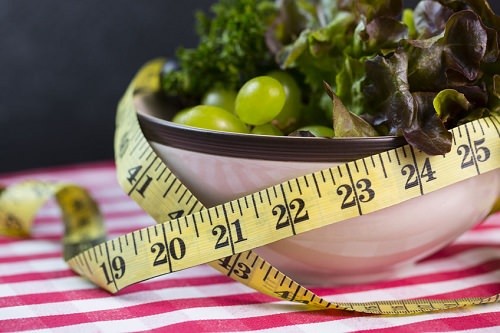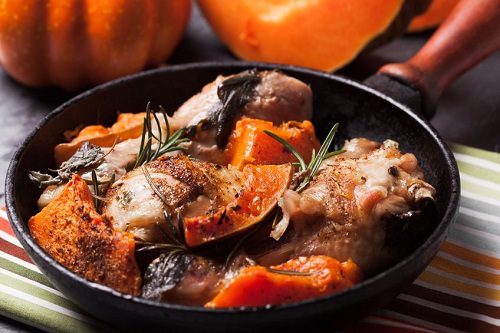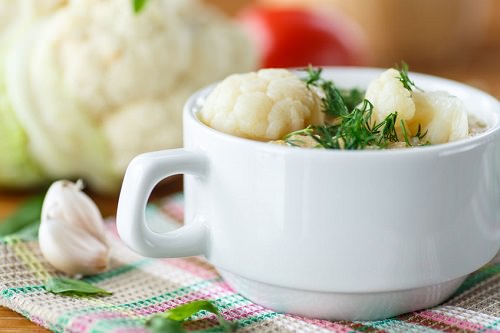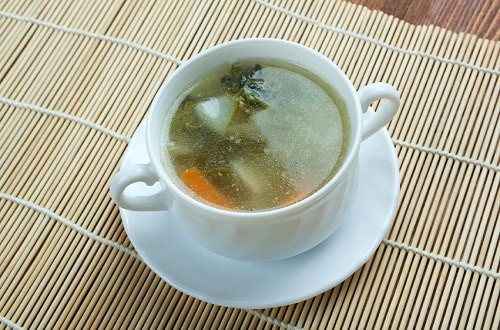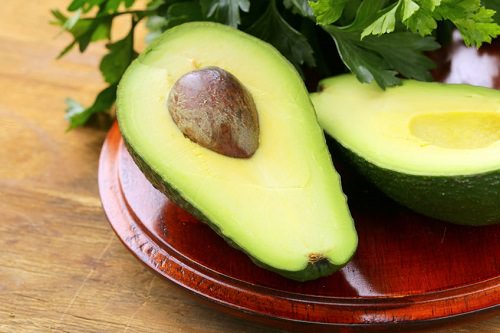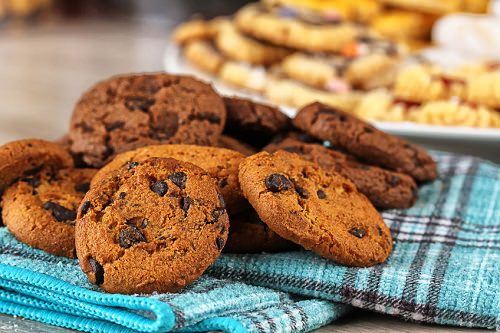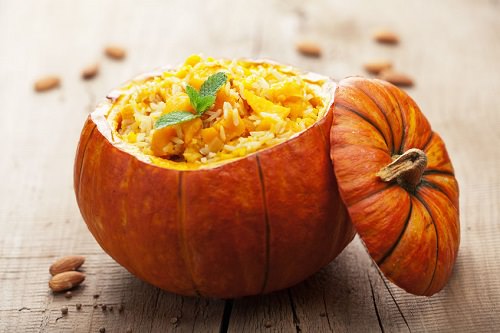Nobody likes dieting in the winter. It’s too cold outside to exercise, and comfort food tastes so good. Even considering everything that’s working against you, January is the most popular time to start a new diet because of New Year’s resolutions. Here are ten of the best and worst winter diets. Be sure to avoid the worst diets and follow the best ones to stay healthy.
1. Low carb
Carbohydrates cause weight gain by raising blood sugar levels too high. Lowering the intake of carbohydrates can help you drop weight even without restricting calories too low. It’s a good start for a winter diet, but it’s also important not to eat only fats and protein. Include plenty of vegetables and some low-glycemic fruits, such as oranges, grapefruit, pears, apples, mango, and blueberries. Just make sure you eat them in moderation.
2. No carb
No carb is the extreme version of low carb. Some people find they lose large amounts of weight in a short period of time by cutting out all carbs, sometimes even vegetables, too. This is not a healthy diet. Lower your carbohydrates, but always include some in every meal.
3. Low calorie
Eat fewer calories than you burn, and you should lose weight. This is the most basic and long-standing diet out there. Weight loss programs such as Weight Watchers and Slim Fast meal replacements use this diet but with easier to follow guidelines. Count your calories and you should lose weight if you don’t have health conditions that make it difficult such as hypothyroidism.
Read also – 10 Weight-Loss Snacks for the Perfect Body
4. Calorie restriction
This is another extreme version of a good diet. Some people drop their calories below 1,000 daily. Of course, they lose weight at first, but then the weight loss stops because their body has adapted and their metabolism has dropped. Never drop your calories below 1,200 daily, more for men. Vary the amount of calories you eat from day to day to keep your metabolism up.
5. Comfort food
Comfort food is popular in the wintertime. It makes you feel good when it’s cold outside. While this isn’t a ‘diet’ in the sense that it’s a way people try to lose weight, it is a ‘diet’ because it’s the way many people eat all winter causing them to gain weight. Keep heavy meals to a minimum and try to make them healthier by reducing the fat content or replacing starches with vegetables.
6. Healthy food alternatives
If there’s something you love to eat that isn’t good for you, find a healthy alternative. Make low-fat, low-sugar brownies or shepherd’s pie made with mashed cauliflower instead of mashed potatoes. Bake foods instead of frying them. Little changes add up to big results over time.
7. The soup diet
You may have heard of the cabbage soup diet. Soup can be a very healthy meal that is light and warms you up in winter. Stick with broth soups like chicken and rice rather than heavy cream soups like chowder. Add a salad for extra nutrition and opt for a diet-friendly bread.
8. Juice fasting
Juice fasting is good for a short period of time, but it isn’t ideal for the winter. You will miss out on fats and proteins that are essential for good health. Don’t juice fast for more than a few days. Even better, have a couple glasses of fresh juice each day and include healthy fats and proteins like avocados, coconut oil and fish in your diet.
9. Baked goods
This is another one that is not really a diet, but it’s a popular food in the wintertime, especially around the holidays. Resist all the cakes, pies and cookies. Baked goods are full of sugar that will not only cause weight gain but it can mess with your blood sugar levels and cause other more severe problems.
10. Seasonal produce
In big supermarkets today, you can find almost any kind of fruit or vegetable any time of year, but it’s the seasonal produce that tastes the best and has the most nutrition. Buy local seasonal produce at farmer’s markets or local grocery stores that are well-labeled.
Read also – 10 Ways to Sneak in Healthy Eating
You don’t always have to follow a strict diet to stay healthy. Watch your calories and carbs, and eat plenty of fresh produce. In the winter, your body will burn off cooked foods more easily, but make sure that includes plenty of steamed vegetables. So, ladies, what’s your best diet?


